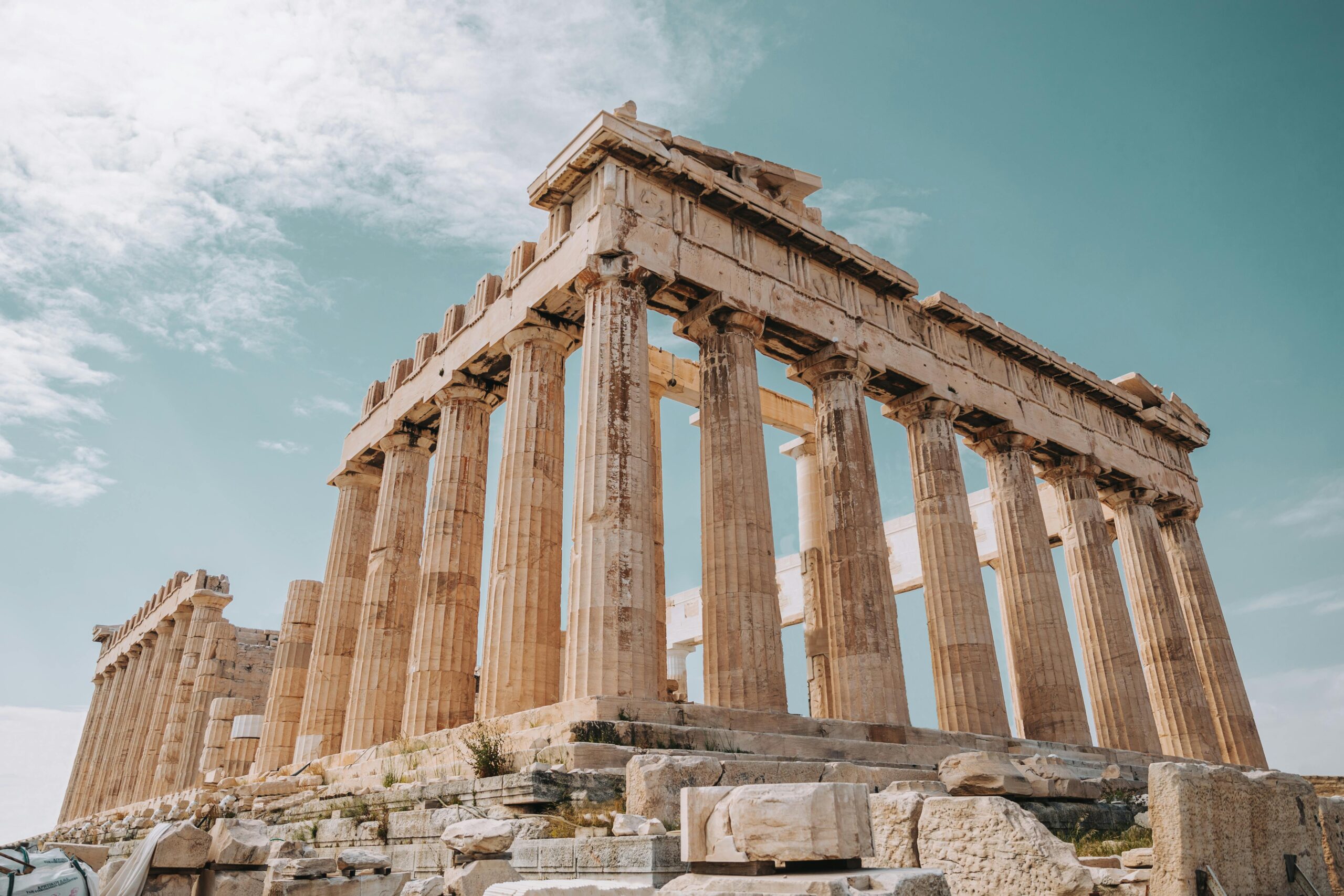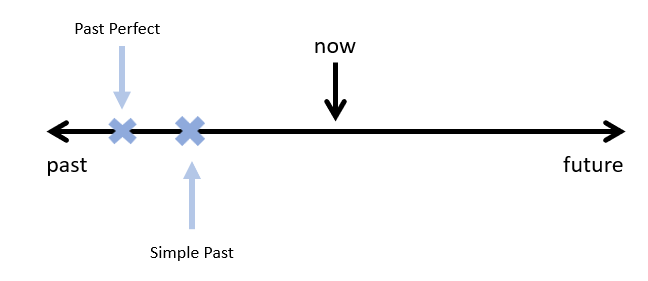
How do you use the Past Perfect tense in English?
The past perfect is often confused with the present perfect or the past simple, so what’s the difference and how is it used? It’s used to talk about something that happened before something else that is also in the past. You would often use it with the past simple (as shown on the timeline below) with the past perfect indicated at an earlier time. Even though using the past perfect in English is not essential it can definitely help with understanding and improving your language skills.

Reading can be a good way of getting used to seeing the past perfect. It is frequently used in novels, particularly when recounting a story, detective novels being a good choice.
What’s the form of the Past perfect?
Subject + had + past participle (3rd column of the verb table)
e.g. – She had arrived at the party earlier than everyone else
What different ways can the Past Perfect be used in?
There are four different ways you can use the Past Perfect, sometimes you will see it called the Pluperfect.
Time up to a point in the past
We can use to talk about a time up to a certain point in the past.
e.g. Had the package arrived when you came yesterday?
Past Perfect for the earlier of two past actions
It can be used to show the order of two past events. The past perfect shows the earlier action and the past simple shows the later action.
e.g. The robber had escaped when the security guards arrived.
It also doesn’t matter which way round you write it, the following sentence has the same meaning:
When the security guards arrived the robber had escaped.
If there is only a single event though we don’t use the past perfect even if it happened a long time ago.
e.g. The Romans spoke Latin NOT -> The Romans had spoken Latin
Past Perfect after ‘before’
Using ‘before’ shows that an action was incomplete or wasn’t done when the past simple action happened.
e.g. They left before I had had a word with them.
Adverbs
Adverbs are frequently used with the past perfect.
never is used to indicate: at no time before the specified time
e.g. I’d never seen a haircut like that before!
ever is used to show: at any time before the specified time
e.g. This was the most amazing festival I had ever been to!
just is used when there is: a very short time before the specified time
e.g. I had just eaten the piece of cake when my mum entered the kitchen.
still: as previously
e.g. I still hadn’t visited Big Ben by Christmas time.
already: before the specified time
e.g. I had already seen the film so I decided not to go to the cinema with my friends.
Love listening to our podcast episodes?
For some more examples we have also released a podcast episode on this topic. Jon and Gideon chat about when you can use the past perfect and give some interesting real-life examples.
